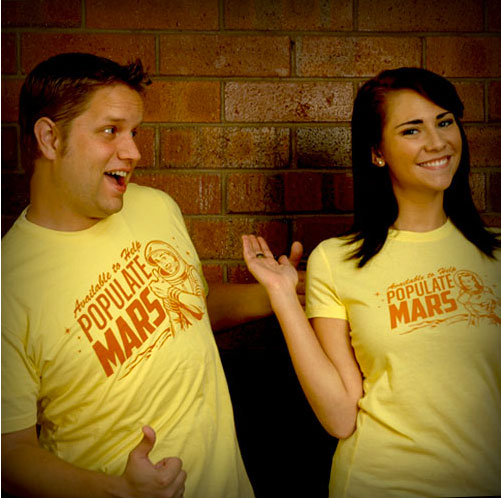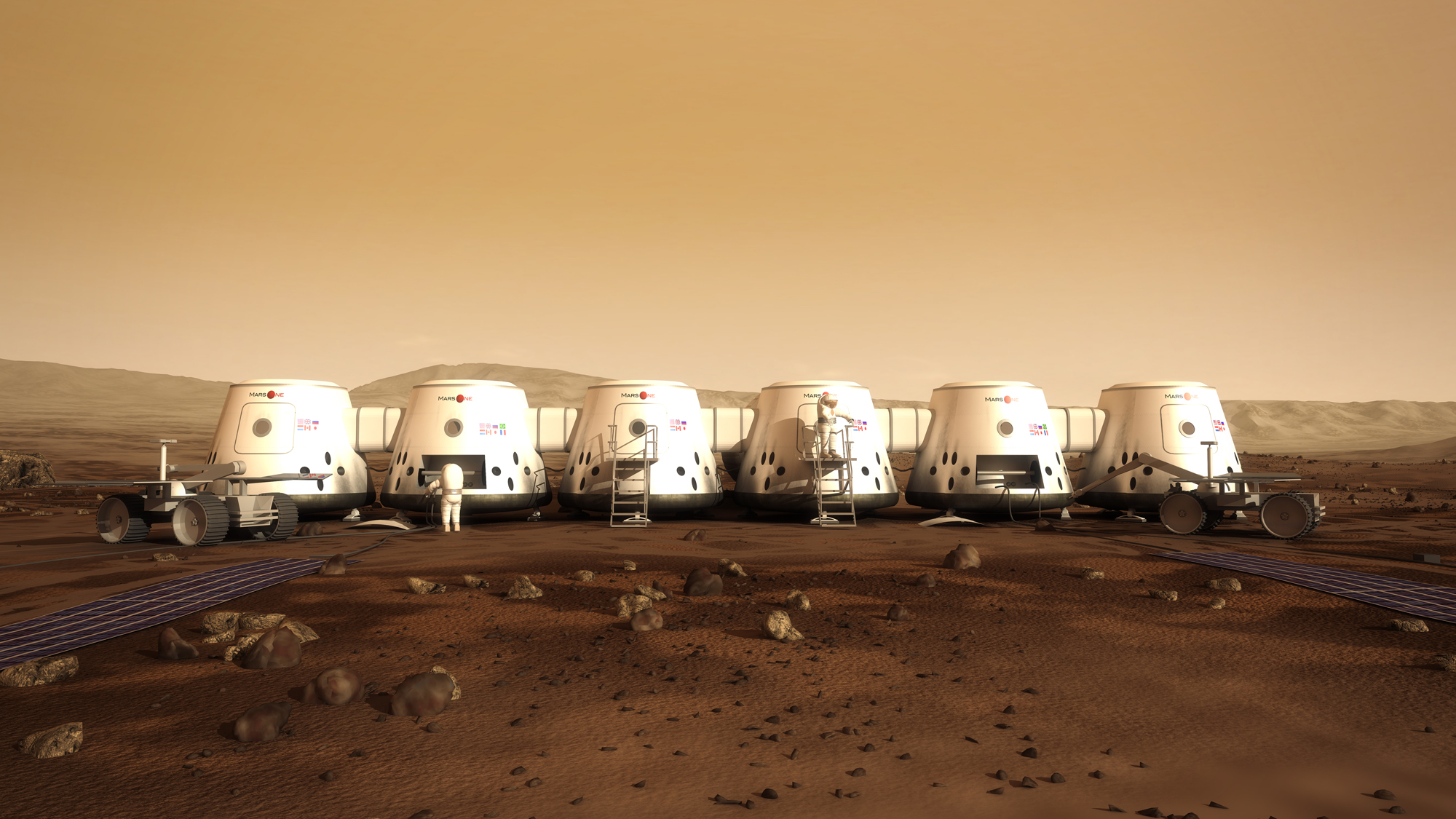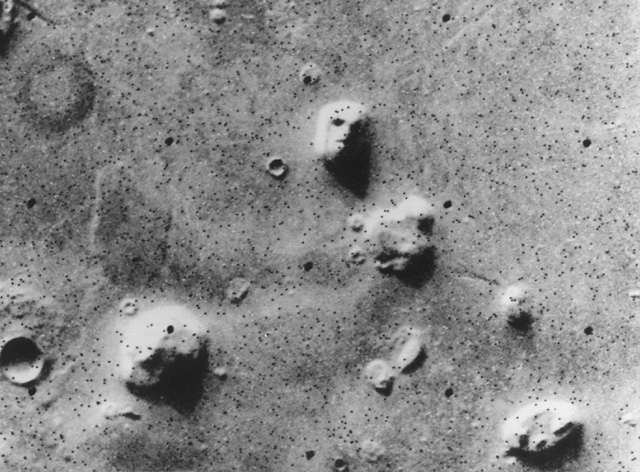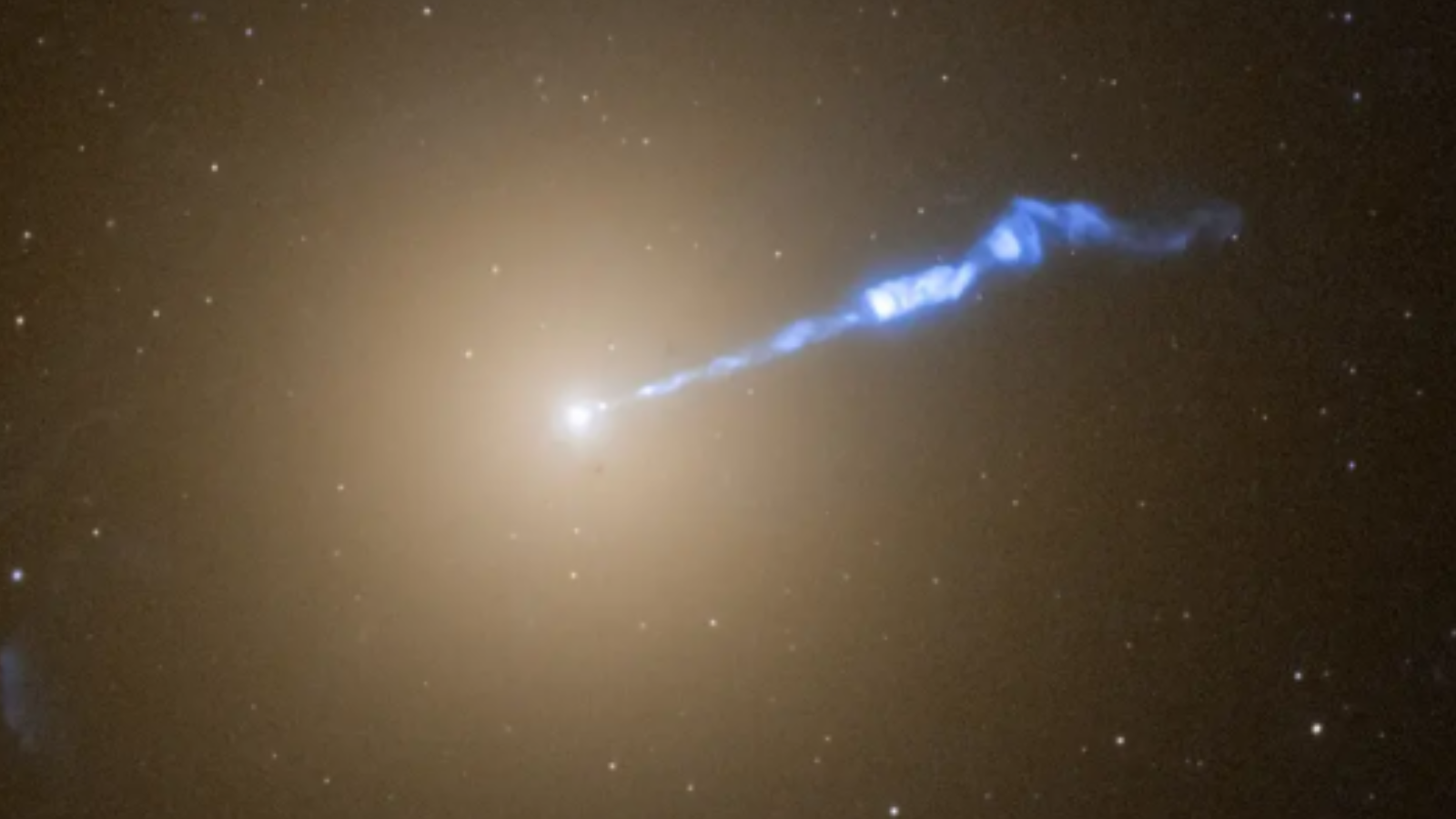Colonizing Mars: Q&A with Mars One Chief Bas Lansdorp

Mars One wants to land four astronauts on the Red Planet in 2023, and it's come up with a creative way to fund this ambitious undertaking.
The Netherlands-based nonprofit plans to stage a global reality-TV event that follows the colonization effort from astronaut selection through the settlers' first years on the Red Planet. Mars One thinks revenues from broadcasting rights and sponsorships will cover most of the one-way mission's estimated $6 billion cost.
The cameras will be turned on soon. Mars One released its basic astronaut requirements earlier this month — you must be at least 18 years old, intelligent, in good mental and physical health and committed to the project — and the televised astronaut-selection process will kick off later this year, officials say.
SPACE.com recently caught up via email with Mars One co-founder and general director Bas Lansdorp. Lansdorp talked about Mars One's business model, the major challenges facing the project and its long-term goals, which include landing new crews on the Red Planet every two years after the first pioneers touch down. [Mars One: 'Big Brother' on Mars? (Video)]
SPACE.com: How did you come up with the idea to fund a Mars colonization effort by staging a global media event?
Bas Lansdorp: It was triggered when I saw the revenue figures of the International Olympic Committee. When my co-founder Arno Wielders and I saw these numbers, we contacted Paul Römer, a well known Dutch media expert, and discussed the media value of putting humans on Mars. After that we talked to many different experts in the field, all of whom are convinced the media value is far greater than the cost associated with our mission to Mars.
SPACE.com: How long do you think people will continue to watch this effort? A few years? A few decades?
Breaking space news, the latest updates on rocket launches, skywatching events and more!
Lansdorp: The Mars One mission is of far greater effort and consequence than simply planting a flag. This is Earth’s mission and it involves people from all over the world.
Anyone over 18 years of age can soon apply to be one of the first astronauts. After Mars One experts exclude unsuitable candidates, we will solicit the audience’s help in democratically electing Earths first ambassadors to a new planet — the most important election in the history of our species.
The audience will remain engaged during the training of the elected candidates and will participate in their lives as they travel to and land on Mars through live telecasts and bi-directional communication. The astronauts, who are granted this incredible opportunity by the audience vote, will remain interactive with their supporters on Earth, sharing as much as possible what it is like to live on Mars.
Every year, new candidates for the Mars mission will be elected and every two years new crew members will arrive to Mars. Humanity will have become a multi-planetary species.
This is a story that people will follow for decades.
SPACE.com: What would you say to people skeptical that this business model can work?
Lansdorp: I would say: "Would you not watch humans walk on Mars?"
SPACE.com: How big a colony do you hope to eventually create on Mars?
Lansdorp: I would hope that at some point the colony is large enough to become self sustaining — but this will take many, many decades. Fortunately, Mars One will not be the only one working toward this goal. Several ventures, private and public, will play their roles in bringing humanity to a new planet. [The Boldest Mars Missions in History]
To answer your question: I hope Mars One will establish a settlement of four people on Mars. The first group will be the hardest to accomplish, both from the technical and the financial point of view. I am convinced that once this first crew of four is there, many, many will follow.
SPACE.com: What is the biggest challenge Mars One will have to overcome to be successful?
Lansdorp: A human mission to Mars is one of the most ambitious projects that one could imagine. Three major challenges. In the short term: financing the funding gap between expenditures on the hardware and revenues from the the media event. In the medium term: successfully passing through phases where things do not go as planned — which there will be in a project of this magnitude.
In the long term: finding and training a crew that can successfully perform the first three years of the mission, between departure on Earth and the landing of the second crew.
SPACE.com: Have you already heard from a lot of people interested in becoming Mars One astronauts?
Lansdorp: In the first seven months after we announced our plan in June 2012, we received about 1,000 emails from people interested to go. In the last week we received another 1,000 emails and over 30,000 people subscribed to a mailing list that updates them on any news on the selection procedure.
SPACE.com: What would it mean to humanity if Mars One is successful in creating a Red Planet colony?
Lansdorp: I believe that it will truly change the outlook of our entire species. If humanity can send humans to Mars, is there anything that we cannot do?
I hope that the international approach of Mars One will bring the people of this planet a little closer together at a time when there is so much conflict and suffering. The Mars One mission will demonstrate how a diverse team of people from various backgrounds and countries can train for and then go on a challenging mission together. This endeavor will increase awareness of both cultural differences and similarities and with that, respect for who we are.
And if on Mars we do find life — that would change our entire perspective on the universe.
SPACE.com: Do you have any interest in going to Mars yourself?
Lansdorp: Yes, and 15 years ago I started my idea for Mars One because I wanted to go to Mars. But 15 years ago I was 20 years old. Now I have a wonderful girlfriend. I doubt she would ever leave Earth for Mars. But we’ll see?!
I will certainly experience a strong mix of jealousy and joy when the first four people leave Earth on humanity’s greatest expedition yet.
Follow SPACE.com senior writer Mike Wall on Twitter @michaeldwall or SPACE.com @Spacedotcom. We're also on Facebook and Google+.

Michael Wall is a Senior Space Writer with Space.com and joined the team in 2010. He primarily covers exoplanets, spaceflight and military space, but has been known to dabble in the space art beat. His book about the search for alien life, "Out There," was published on Nov. 13, 2018. Before becoming a science writer, Michael worked as a herpetologist and wildlife biologist. He has a Ph.D. in evolutionary biology from the University of Sydney, Australia, a bachelor's degree from the University of Arizona, and a graduate certificate in science writing from the University of California, Santa Cruz. To find out what his latest project is, you can follow Michael on Twitter.




